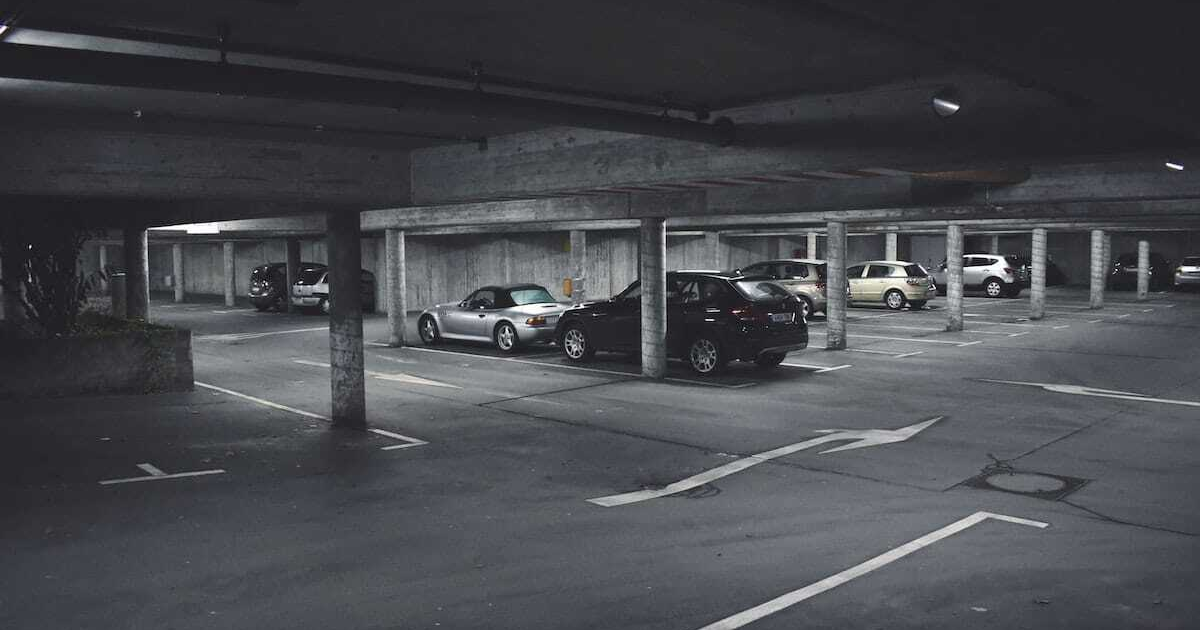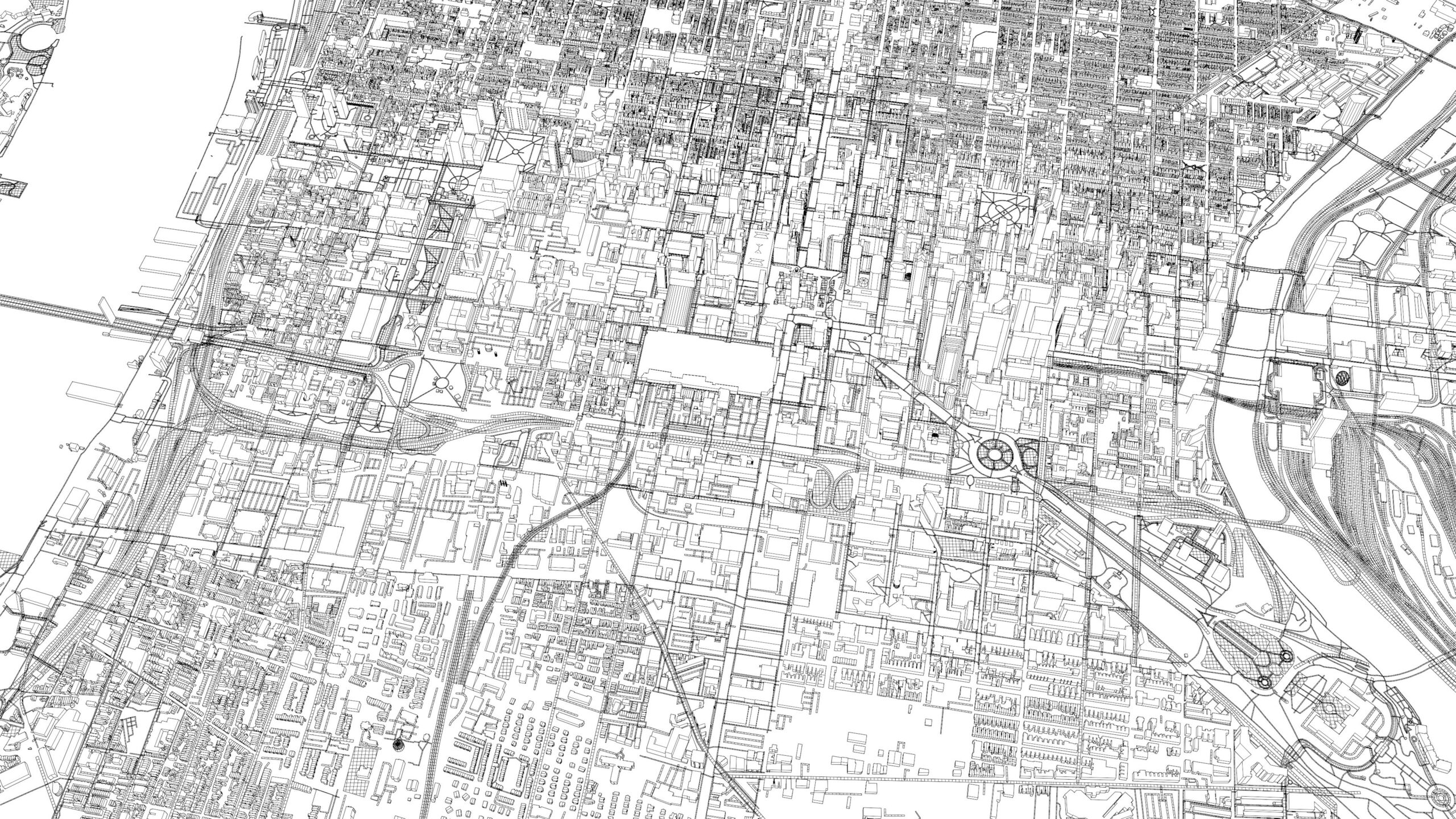Floor Area Bonuses Allowed for Mixed-Used Properties Under the Philadelphia Zoning Code
The first part of this series on “zoning” bonuses in the city of Philadelphia looked at the Mixed-Income Housing, Green Roof, and Fresh Food Market...
4 min read
Alan Nochumson and Alex Goldberg : Jul 10, 2025 9:00:00 AM

As Philadelphia continues to evolve, so too does its legal landscape. In the first half of 2025, Philadelphia City Council introduced and advanced a wave of legislative reforms aimed at reshaping the Philadelphia Zoning Code and landlord-tenant framework. These measures—some already enacted, others awaiting Mayor Cherelle Parker’s signature—reflect a coordinated effort to streamline development, expand affordable housing, and enhance tenant protections in response to mounting housing pressures and shifting urban dynamics.
Below is a breakdown of the most impactful legislation introduced or passed so far this year:
Philadelphia City Council has introduced and enacted a series of zoning reforms—Bills No. 250432, 250523, 250524, and 250525—intended to clarify the Philadelphia Zoning Code, encourage modest-density housing growth, and support more predictable development outcomes. While the measures garnered broad support from planners and policymakers, they also drew the attention of advocacy organizations such as AARP, which praised several of the reforms. These measures reflect a shift toward moderate density and cleaner zoning processes.
Bill No. 250432 amends Section 14-529 of the Philadelphia Code by removing prior exceptions to the minimum lot size, floor area, height limits, and unit density bonus eligibility standards under the Fifth District Overlay District (also known as the VDO overlay). These exemptions had been applied on an individualized basis, creating inconsistencies, delays and legal ambiguity. The reform eliminates those carveouts and restores the application of base zoning rules within the overlay. American Association of Retired Persons (AARP) supported this change, citing the need for greater predictability and consistency in development approvals, especially for aging residents. AARP also emphasized that future density incentives must be accompanied by policies that preserve access to parking, medical services and essential retail for residents with limited mobility.
Bill No. 250523 reflects a set of technical and clarifying amendments to Title 14 of the Philadelphia Code. These include revisions related to historical structures, demolition standards, off-street parking, tree and landscaping requirements, floor area calculations and dimensional height standards. The bill aims to resolve internal inconsistencies, eliminate outdated language, and align the code with administrative interpretations developed through zoning board practice.
Bill No. 250524 eliminates off-street parking minimums for residential projects located in CMX-4 and CMX-5 commercial mixed-use zoning districts. These districts are typically situated near high-capacity transit corridors and support dense, walkable development. Removing parking minimums aims to reduce the cost of development, encourage transit-oriented housing and limit unnecessary land allocation to parking. AARP supported this measure as consistent with its livable communities framework.
Bill No. 250525 creates a new zoning district labeled RTA-2 (residential two-family attached), which regulates duplex-style housing previously outside RTA-1 and R5A zones. This new district enables infill development and housing choice in low- to moderate-density neighborhoods, reducing reliance on variances. Supporters endorsed the creation of this district as a means of supporting multigenerational housing arrangements.
Bill No. 250291 is an amendment to Section 14-533 of the Philadelphia Code that exempts deed-restricted affordable homeownership projects from the mixed income neighborhood (MIN) overlay requirements. Affordable ownership projects faced overlay rules that added red tape. The amendment lets affordable housing projects bypass these constraints, easing regulations and streamlining delivery. This change should facilitate the construction of affordable ownership housing.
Bill No. 250043 would amend Subcode A of Title 4 (The Building, Construction and Occupancy Code) to formally define “affordable housing project” and to establish expedited permitting procedures for such developments. Under the bill, a project meeting any of several criteria—including mixed income bonus eligibility, public funding, land bank redevelopment, or affordability covenants—would be classified as an affordable housing project.
Approved projects would receive expedited review and waived fees: zoning permit applications would be reviewed within five business days, while building and trade permits would be processed within 10 business days. Charges for a hearing before the Zoning Board of Adjustment (ZBA) and plan-review surcharges would also be waived, cutting delays and costs for qualifying developments. The measure awaits Parker’s signature.
Bill No. 250041, pending Mayor Parker’s approval, would authorize the Zoning Board of Adjustment to require affordable housing as a condition of zoning approval in certain commercial zoning districts. The measure amends Section 14-303 of the Philadelphia Code to permit the ZBA to impose affordability requirements when granting variances or special exceptions. The bill represents a potential shift in the zoning approval process by making affordable housing delivery a mandatory component of some development approvals. Developers should anticipate affordability negotiations and incorporate compliance early.
Bill No. 250044-A, pending mayor approval, addresses the regulation of security deposits within the landlord-tenant framework. The amendment imposes a cap on the amount that may be collected, requires landlords to provide itemized accounting for deductions, and establishes strict deadlines for returning deposits. Previously, landlords had discretion over security deposits with no clear limits or accounting rules. The new provisions are designed to protect tenants’ financial interests and enhance accountability through disclosure and refund timelines.
Bill No. 250045, also pending mayoral approval, introduces statutory limits on the fees that landlords may charge prospective tenants for background and credit checks. There was significant variability under the prior regime, and in some instances, excessive charges. The proposed amendment caps these fees and ensures they correspond to actual service costs. This change aims to reduce the financial burden on applicants and ensure transparency in the tenant screening process.
Bill No. 250293 amends Title 14 of the Philadelphia Code by changing the duration during which a party may file a substantially similar permit application following a denial by the Zoning Board of Adjustment. Previously, applicants were allowed to reapply after one year; under the proposal, the waiting period will be extended to three years. This change will help prevent repetitive filings and promote finality in administrative decisions. The longer period should provide greater clarity and predictability for both developers and community members. The bill is pending mayoral approval.
Bill No. 250331 seeks to create an anti-displacement fund administered by the Department of Planning and Development. The purpose of the fund is to mitigate the impact of displacement on vulnerable tenants. The measure provides a financial mechanism to assist at-risk residents and establishes a framework for defining and addressing displacement violations. The fund aims to preserve affordable housing and protect low-income renters from displacement amid development. The bill is currently pending mayoral approval.
Philadelphia’s legislative agenda reflects its commitment to housing equity and land use reform. From procedural zoning revisions to enhanced tenant protections and affordability mandates, the City is leveraging its regulatory authority to address market pressures while balancing stakeholder interests. Developers and landlords should monitor these changes closely, as implementation—through zoning board practice, lease enforcement, or rulemaking—will carry direct consequences for project planning, property management and compliance strategies citywide.
—Michael Lipson, a rising second-year student at the Temple University Beasley School of Law and summer associate at the firm, contributed to this article.
Reprinted with permission from The Legal Intelligencer © 2025 ALM Media Properties, LLC. All rights reserved. Further duplication without permission is prohibited. For information, contact 877-257-3382, reprints@alm.com or visit www.almreprints.com.

The first part of this series on “zoning” bonuses in the city of Philadelphia looked at the Mixed-Income Housing, Green Roof, and Fresh Food Market...

Outdoor dining has long been a part of the dining culture in Philadelphia, from the sidewalk awnings of cheesesteak shops and water ice stands of...

Philadelphia City Council Advances Key Real Estate Legislation for 2026